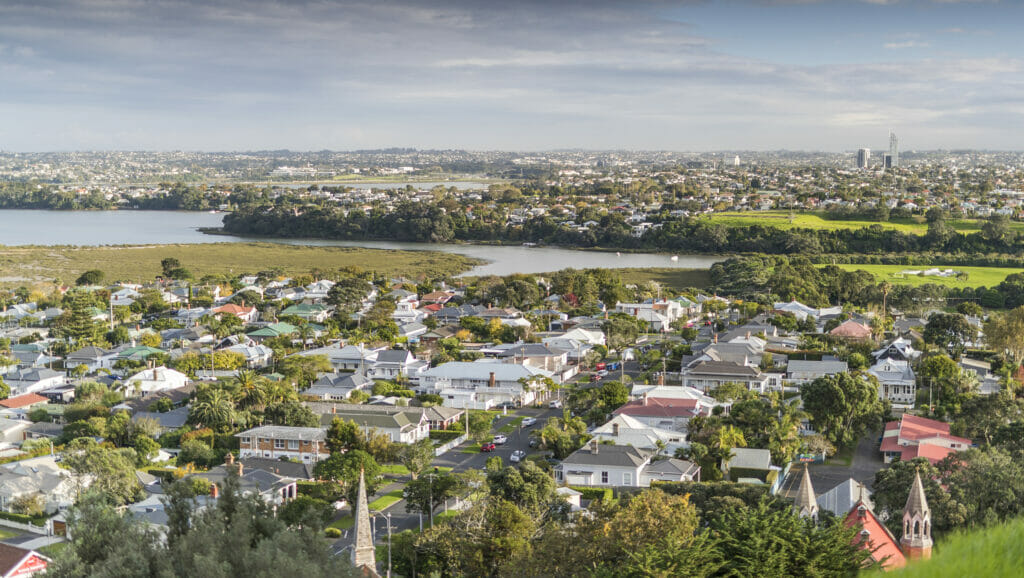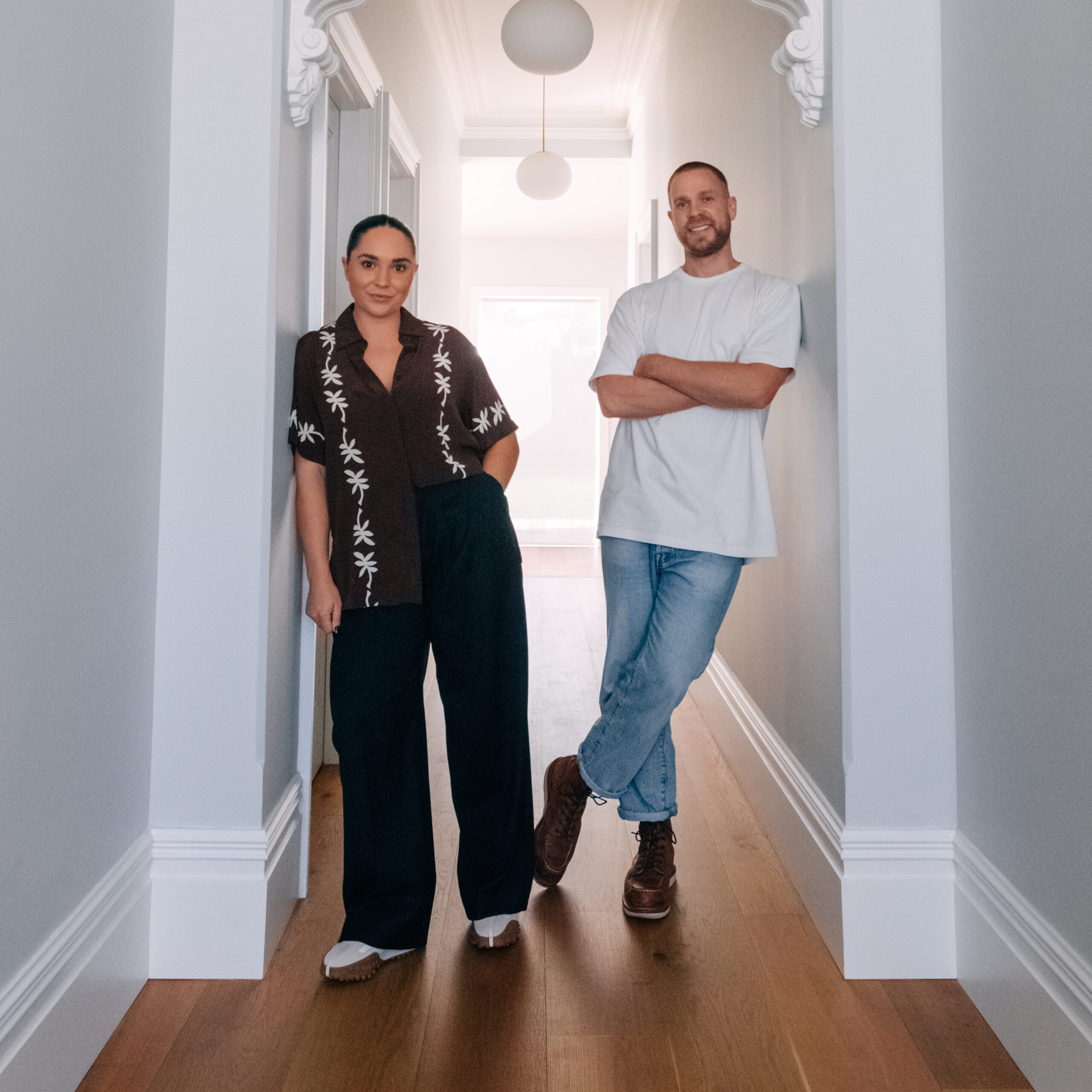Barfoot & Thompson July Market Update
Property, especially in New Zealand, has proven to be a much more stable investment than the sharemarket. This has been demonstrated in the recent trends that we are seeing post-lockdown as things return to normal. We caught up with Peter Thompson, Managing Director of Barfoot & Thompson, regarding the housing market and Director, Kiri Barfoot on the rental market.

Property sales defy forecasts
The Auckland property market did the opposite to economic forecasts, and June sales numbers returned to normal trading levels with prices remaining stable. It was a remarkably solid month’s trading with no signs of market fragility.
Sales for the month at 820 were around where the company would expect them to be at this time of the year and were 4.3 percent higher than at the same time last year. The average price at $953,417 was more than $5000 higher than last month and 1.4 percent higher than in June last year while the median price at $910,000 was $4000 lower than May 2020 and 7.7 percent higher than June 2019.
Taken in isolation, the month’s trading was very much ‘business as usual’. But it is far too early to see this result as an indicator that the property market will defy forecasts and ride out the Covid-19 pandemic unaffected. It does however suggest that over a three to five year time horizon buyers have confidence in property at today’s prevailing prices and that they are not holding back in the hope of a major decline in values.
Expat queries for investment properties on the rise
With online auctions, remote tours using virtual reality and mortgage rates at historic lows, Barfoot & Thompson are seeing an increase in enquiries from Kiwis living overseas looking into investment properties. Investment properties hold appeal for many reasons as they generate fixed-returns to the investors via a steady stream of rental payment from the tenants. Over time it has been shown that if you purchase a property in a good location, the property value will increase and you can generate more profit. Any expenses paid on an investment property, such as council rates, maintenance, or the fees charged by a property management company, can be potentially claimed back at the end of the financial year.
Gross rental yield measures up to mortgage interest rates
On the rental front the average Auckland rental property is now delivering a gross yield above most mortgage interest rates, presenting a tempting opportunity for those considering investing in a rental property or expanding their portfolio. The gross rental yield for the typical Auckland rental was 3.27% through April and May, when the market also saw many special fixed mortgage rates dip under 3.00% to historic new lows. This means a balancing is taking place, even a shift, between the cost of borrowing and the potential gross gain on a rental property. Remember, if you have an existing investment property you can use the equity in the property to get financing to purchase another investment property.
In reviewing gross rental yield by suburb over recent years, the more southern, western, and northern areas of the city tended to perform best. At a suburb level, nearly 60 Auckland locations are delivering gross yield above 3.00%, and twelve above 4.00%, with suburbs south of Auckland city making up the bulk of these.
Reviewing data kept since March 2015, the average gross yield has been as low as 2.85% in late 2016 – when average mortgage rates were approximately 5.60% floating or 5.10% fixed for two years, and as high as 3.54% in March 2015 – when average mortgage rates were approximately 6.60% floating or 6.00% fixed for two years.* Currently, some of the lowest advertised rates by the major banks are 2.69% fixed for two years.
Barfoot & Thompson calculates the gross yield figure by comparing the average annual revenue from 3-bedroom** tenancies to the average price of 3-bed homes sold by the company over the past six months. So, with the average rental price for a 3-bed Auckland home at $584 per week, or $30,368 a year, and the average 3-bed sale price over the past six months at $938,688, the gross yield is 3.27%. The average gross yield has recently been as high as 3.47% (November 2019), however, recent increases in residential sale prices have seen the figure edge slightly lower. While this number represents just one calculation a potential investment buyer should consider, it is a change worth noticing.
For more information on investment property opportunities speak to a salesperson or property manager for more data-based advice.
*Historic interest rate data sourced from the Reserve Bank of New Zealand website.
**Three-bedroom properties make up the most significant portion of Barfoot & Thompson’s portfolio of approximately 17,000 rental properties, and so have been chosen as the standard example for the ‘typical’ Auckland rental.
HOW KEA CAN HELP YOUR BUSINESS GROW
Kea Connect
Kea Connect is a free service that will help your business grow offshore. We connect you personally with regional, sector-specific experts and peers.
Resources
Kea is here to help New Zealand businesses grow offshore. Be inspired and hear advice from businesses who have created their export path.
Jobs Portal
Looking for the right talent for your team? Reach our global Kiwi community through the Kea international job portal.

 MENU
MENU









